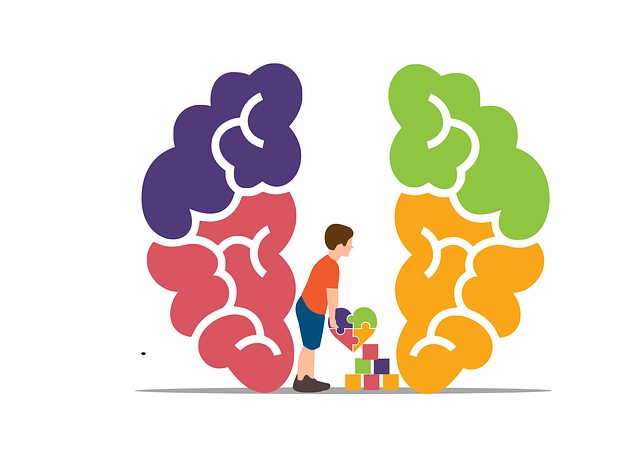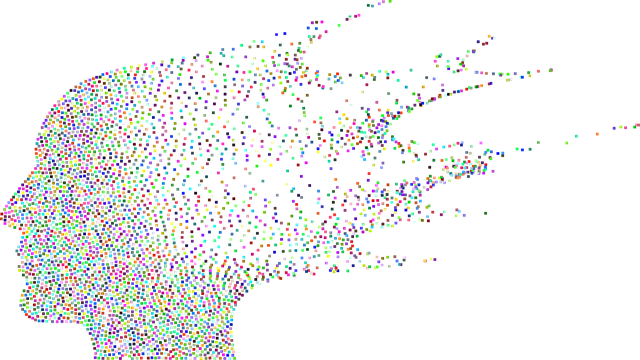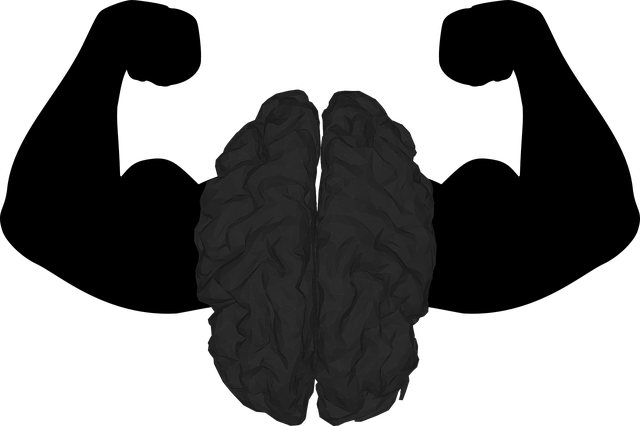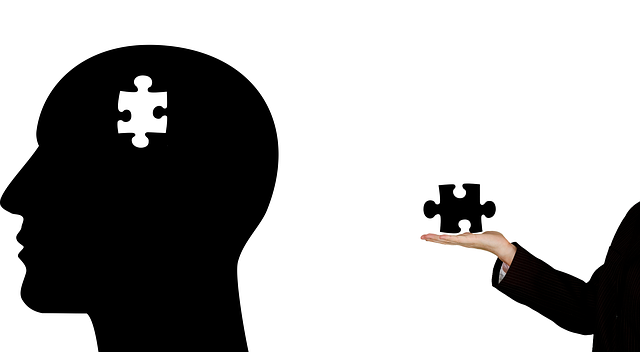Mental wellness self-assessment tools, like those tailored for work stress and codependency (Lafayette Codependency Therapy), empower individuals to take control of their emotional well-being. These assessments provide personalized snapshots, enabling targeted interventions and proactive management. Lafayette Codependency Therapy integrates self-care practices and mental health education, fostering self-awareness and healthier attachment styles. Effective tools require a thoughtful approach with diverse assessment techniques, such as self-reflection exercises and visual aids. Continuous improvement through testing and user feedback ensures their adaptability to specific needs like stress management and trauma support.
Mental wellness self-assessment tools play a pivotal role in empowering individuals to take charge of their mental health. As awareness grows about the importance of mental well-being, there is a growing need for personalized and effective assessment frameworks. This article explores this evolution, highlighting the significance of tools like Lafayette Codependency Therapy, a unique approach to self-reflection, and delving into key components, techniques, implementation strategies, and continuous improvement methods for these crucial resources.
- Understanding Mental Wellness Self-Assessment: The Need for Personalized Tools
- Lafayette Codependency Therapy: A Unique Approach to Self-Reflection
- Developing Effective Assessment Frameworks: Key Components and Techniques
- Implementation, Evaluation, and Continuous Improvement of Self-Assessment Tools
Understanding Mental Wellness Self-Assessment: The Need for Personalized Tools

Mental wellness self-assessment tools play a pivotal role in empowering individuals to take charge of their mental health. These assessments provide a personalized snapshot of one’s emotional and psychological well-being, enabling targeted interventions and proactive management. However, the landscape of mental health is diverse and complex, with unique challenges arising from factors like work stress (Burnout Prevention Strategies for Healthcare Providers), relationship dynamics (Lafayette Codependency Therapy), and personal coping mechanisms.
Tailoring self-assessment tools to cater to these nuances is essential. By offering customized options, individuals can accurately identify areas requiring improvement in mood management and overall well-being. This personalized approach fosters a sense of agency, encouraging proactive engagement with mental wellness, and promoting sustainable habits that contribute to a healthier mind.
Lafayette Codependency Therapy: A Unique Approach to Self-Reflection

Lafayette Codependency Therapy (LCT) offers a novel perspective on self-assessment, particularly beneficial for individuals seeking to understand and overcome codependent behaviors. This therapeutic approach encourages deep introspection by helping clients identify and challenge unhealthy relationships with others and within themselves. LCT is designed to empower individuals in navigating complex emotional dynamics, fostering self-awareness, and promoting healthier attachment styles.
By integrating elements of self-care practices and mental health education programs design, LCT provides a holistic framework for burnout prevention strategies for healthcare providers. It encourages clients to develop coping mechanisms that strengthen their resilience against stress and anxiety. This unique therapy goes beyond traditional assessment tools by focusing on the intricate web of codependency, offering a path towards personal growth, improved relationships, and enhanced overall mental wellness.
Developing Effective Assessment Frameworks: Key Components and Techniques

Developing effective mental wellness self-assessment tools requires a thoughtful and comprehensive approach. The key components include clear objectives tailored to individual or professional needs, evidence-based methodologies, and diverse assessment techniques. Incorporating elements like self-reflection exercises, behavioral observations, and validated scales ensures a holistic evaluation. For instance, Lafayette Codependency Therapy emphasizes the interconnectedness of mental wellness with interpersonal dynamics, offering unique insights during assessments.
Techniques such as narrative storytelling and visual aids can enhance engagement and accessibility. Additionally, integrating emotional healing processes, self-care practices, and burnout prevention strategies for healthcare providers can enrich assessment frameworks. By combining these elements, practitioners create powerful tools that not only identify areas of concern but also foster personal growth and resilience.
Implementation, Evaluation, and Continuous Improvement of Self-Assessment Tools

Implementing self-assessment tools for mental wellness is a multifaceted process that requires careful planning and execution. Once developed, these tools should undergo rigorous evaluation to ensure their effectiveness in measuring and monitoring individual mental health states. This includes validation studies to confirm their reliability and validity, as well as user testing to gather feedback from the target population. The insights gained during this phase are invaluable for refining the tools and tailoring them to meet specific needs, such as those identified by Lafayette Codependency Therapy.
Continuous improvement is a key aspect of successful self-assessment tool development. Regular updates based on user feedback, emerging research findings, and technological advancements ensure that the tools remain relevant and impactful. For instance, integrating features for Stress Management or Mood Management can enhance their utility in addressing common mental health challenges. Furthermore, incorporating mechanisms for Trauma Support Services can make these tools inclusive and beneficial for a broader range of users. This dynamic approach allows for the creation of robust and adaptable resources that support ongoing mental wellness journeys.
The development of mental wellness self-assessment tools is a pivotal step towards empowering individuals to take charge of their emotional well-being. By incorporating personalized approaches, such as Lafayette Codependency Therapy, we can create frameworks that facilitate meaningful self-reflection and understanding. This article has explored the essential components and techniques for developing effective assessment tools, highlighting the importance of continuous improvement based on implementation and evaluation. As we navigate the digital age, these resources have the potential to revolutionize mental health support, making it more accessible and tailored to individual needs.













